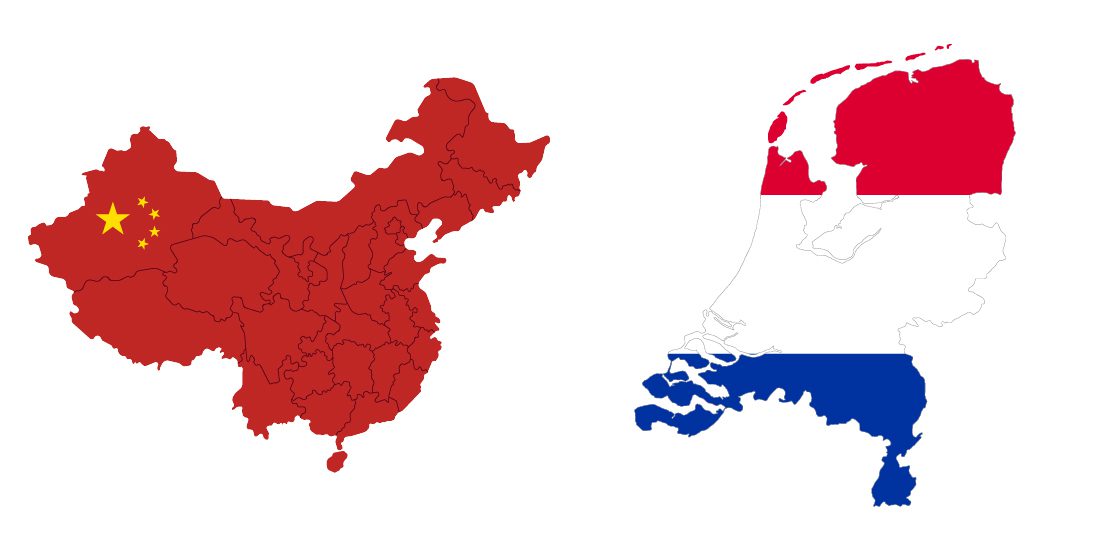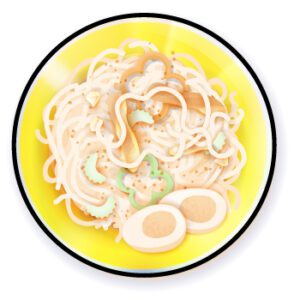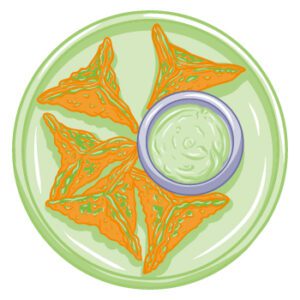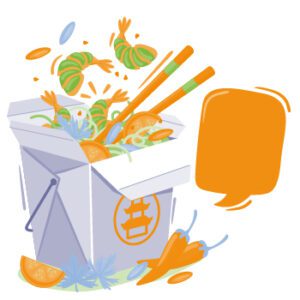
Differences Between Chinese Food in China and In Netherlands
11 Nov Differences Between Chinese Food in China and In Netherlands
It’s common knowledge that there are many differences between Chinese food in China and in The Netherlands, but many people don’t realize just how different these cuisines can be. For instance, a popular dish in Cantonese food might be stir-fried green beans with bamboo shoots, cooked at medium-high heat to retain their crunchiness and flavor.
The wide range of differences makes it clear that Chinese food in China is entirely different than Chinese food in The Netherlands.
If you want to eat quality Chinese food while traveling, it’s important to know the difference between these two cuisines so you can find an authentic restaurant!
Choosing your restaurant
When you think of Chinese food in China, you might think of dim sum, wonton soup, or babi pangang.
When you go to a Chinese restaurant in the Netherlands, however, the dishes are quite different.
It’s not uncommon to find a Dutch person who hasn’t had Chinese food before visiting the country.
So what is there to know about dining out at a Chinese restaurant?
1) Chinese people usually eat their main meal around 2pm-4pm.
2) There are many associations between character type and personality traits that have been developed over time.
One such trait is that if someone can write archaic form of writing from ancient times then they are likely mature or solemn.
People also read about languages spoken in China. Hope you get the valuable stuff here.

How to order Chinese Foods
In the midst of the city center, Dutch cuisine intermingles effortlessly with the plethora of Chinese restaurants. Amidst the challenge of deciphering the archaic characters on the menu, a world of flavors awaits those who navigate it with determination.
Chinese cuisine, a rich tapestry of tastes, often boasts dishes known for their healthful elements, yet there exist extremes like the contentious shark fin soup. Engaging with the menu involves encountering the distinctive Asian characters, an essential part of the experience when ordering from these establishments.
For those with patience, I suggest indulging in Hong Kong style noodles featuring succulent pork or savory beef, a dish that demands meticulous preparation.
Rice enthusiasts can savor rice wine alongside diverse Chinese culinary styles. Cantonese dishes tend to embrace a fiery, salty allure, while Northern Chinese fare leans towards the sweeter end of the spectrum.
Should Dim Sum not align with your tastes (perhaps it’s not a Dutch favorite), alternatives such as Dumplings or the renowned Peking Duck beckon, each offering a delectable journey through Chinese gastronomy. And within this medley, one might uncover a perfect comfort food, an original recipe or a savory blend of spices like garlic cloves, chili peppers, and black pepper, creating symphonies of flavor amidst the amalgamation of cultures.

Eating utensils for Chinese Foods
In China, there are two different types of eating utensils: chopsticks for noodles and rice, or a spoon for soup. Chopsticks are used to hold the food, while the spoon is used to scoop it up from the bowl.
For most soups, a Chinese person will use chopsticks to pick up chunks of meat from their soup before putting them into their mouth.
Soup spoons are also used for this, but often times people will use one utensil or the other depending on what they’re eating.
In most restaurants in America, you’ll find that a combination of forks and knives are provided at each place setting so that you can eat anything on your plate as desired.
While Chinese restaurants here do provide these options, many dishes (including dumplings) are eaten with chopsticks exclusively.
There’s even an entire restaurant chain dedicated to serving traditional Cantonese cuisine using only wooden chopsticks!
When I told my friend I was going back home to visit family in China, she didn’t understand why I’d want to go home now when the winters were so cold.
But luckily Chinese culture doesn’t view weather as something we should be afraid of! Even though we might need more clothes and warmer jackets during certain seasons, our buildings and homes are all heated during winter months by modern-day furnaces.
Stir-fried dishes have veggies instead of noodles
There are a lot of differences between Chinese food abroad versus at home. While some are noticeable, such as the different ingredients, there are others that might not be so evident.
For example, stir-fried dishes have veggies instead of noodles – which is typically only found at a Chinese restaurant or dim sum house in China Town.
Plus, if you want your food to taste authentic, you’ll need to order during the right time schedule.
For example, Beijingers would typically eat rice dishes during lunchtime while Shanghainese would eat rice dishes for dinner.
Visible language can also be used to tell whether a restaurant is catering to people from the city or elsewhere.


Learn how they season their food both at home and abroad
What about the food? Chinese people in the Netherlands have a completely different experience of Chinese food.
When ordering from a menu, Dutch restaurants will not serve traditional dishes like Sweet and Sour Pork or spring rolls, which are typically taken for granted by Chinese restaurant owners.
Instead, they offer dishes such as Beef with Broccoli or Cantonese-style meat dishes, which is served with rice rather than fried rice. Dutch people also enjoy more meat-based dishes over vegetable-based ones and appreciate the medium heat level in their meals, occasionally opting for spicy food to add some kick.
The Dutch labour market means that Dutch people can afford to eat out often, so there’s less need to buy food from supermarkets and cook at home. They may encounter sauces like sour sauce or bean paste used in Cantonese cuisine, elevating the flavors of their dining experiences
Dutch dishes cost on average €10 (£8) per dish, whereas their typical Chinese dish costs €5 (£4) (¥50).
FAQ’s
What countries influenced China's food?
Chinese cuisine has been influenced by many countries over the years. Today, outside of China, you’ll find Chinese food that’s heavily influenced by dishes from Japan and the United States.
When did Chinese food come to Europe?
Chinese food has been a part of European culture for over 1,000 years. However, it was not until the 19th century that Chinese restaurants were introduced to Europe.
What are the 4 main styles of Chinese cuisine?
There are four main styles of Chinese cuisine: Cantonese, Beijing, Shanghai, Szechuan. Each region has its own specialty dishes.
For example, Beijing is known for Peking duck; Cantonese for dim sum.

